These are some of the beekeepers, researchers and scientists who have had the greatest influence over how we keep bees today in our apiaries.
Their presence in this list is in no particular order and this is by no means intended to represent an endorsement of all the views of these individuals. They are all however experienced, knowledgeable, passionate and bring something of value to the table.
.
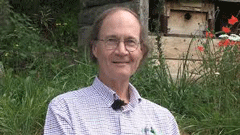
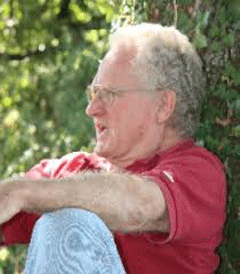
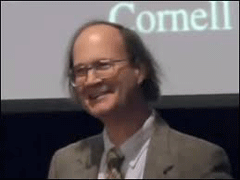

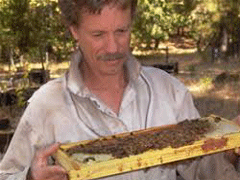
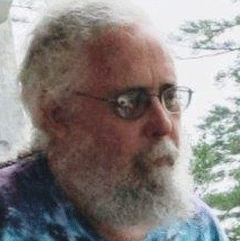
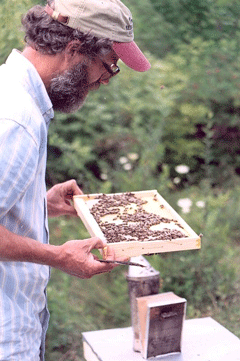
Jason Bruns
Jason is passionate about catching swarms and his website http://letmbee.com/ offers a wealth of information about how you too can catch a swarm. You can learn more about him by listening the interview linked below.
http://www.bkcorner.org/episode-49-jason-bruns-interview/ 111
Dr. Ralph Buechler
Working with honey bees since his youth, Buechler studied Agriculture and Biology at Bonn University and finished his PhD in Bee Science. In 1990 he moved to the Bee Institute in Kirchhain which is one of the larger German training and research centers for beekeeping. Since 1997, he is leading the Institute with its about 20 co-workers.
This is a link to a recent interview with Dr. Buechler discussing breeding for resistance to varroa and various diseases:
https://www.youtube.com/watch?v=Nbgy7lY6DdY
These are links to a four part presentation Dr. Buchler gave at the National Honey Show in the UK
https://www.youtube.com/watch?v=KwuR3uMkMF0
https://www.youtube.com/watch?v=4DVm_L7Fkqc
https://www.youtube.com/watch?v=tuJlgzcQWAg
https://www.youtube.com/watch?v=1mC9R1e-tn4
Dr. John Kefuss
John Kefuss was one of the original treatment free beekeepers. With a PhD in entomology and a lifetime of beekeeping experience around the world, John is an incredible source of beekeeping knowledge and experience. Even today in ‘retirement’ he continues to produce thousands of treatment free queens every year at his farm outside Toulouse, France Here is a link to John’s presentation at the 2019 Apimondia in Montreal, PQ, Canada
Dr. Thomas Seeley
Thomas Dyer Seeley is the Horace White Professor in Biology in the Department of Neurobiology and Behavior at Cornell University. He is the author of several books on
honeybee behavior:
Honey Bee Ecology
The Wisdom of the Hive
Honey Bee Democracy
Following the Wild Bees
The Lives of Bees
I would strongly recommend Tom’s latest book “The Lives of Bees” as it is the result of a lifetime studying this truly wonderous and fascinating pollinator. It is available in hard cover almost anywhere you would normally purchase a book and as an Audible audio book.
You can learn more about Tom and his newest book from this interview: Dr. Tom D. Seeley: Honey Bees in the Wild
Troy Hall
Troy is another commercial beekeeper and operates Hall Apiaries in New Hampshire. He is a good friend and student of Kirk Webster. Check out his website www.nhbeekeeper.com
Kirk Webster
Kirk was treatment free long before most beekeepers even thought it was possible. He operates a commercial apiary in
the Champlain Valley of Vermont where he has now been treatment free for over 20 years.
Kirk’s website is www.kirkwebster.com
Dan Conlon
Dan is an experienced and highly respected commercial beekeeper. He is the current vice president of the Russian Bee Breeder Association. Learn more about Dan’s commercial beekeeping activities at his website: www.warmcolorsapiary.com
Learn more about Dan’s work with the Russian honey bees in this recent podcast.
Russian Bee Program Update with Dan Conlon (S5, E36) | Beekeeping Today Podcast
Randy Oliver
Randy is an incredibly knowledgeable and passionate beekeeper. His website www.scientificbeekeeping.com is a wonderful resource full of tips and information for any beekeeper whether an experienced commercial operator or simply a passionate backyard beginner.
Learn more about Randy by listening to this interview:
www.kiwimana.co.nz/randy-oliver-scientific-beekeeping-transcription/
or watching this recent presentation:
https://www.youtube.com/watch?v=A7811zWFCEs
Michael Bush
Michael offers an incredible wealth of beekeeping knowledge and experience on his website www.bushfarms.com/bees.htm
You will find many of his presentations on YouTube and don’t miss the opportunity if you ever have a chance to
hear or interact with him in person.
Dr. Jeff Pettis
Jeffery Stuart Pettis is an American-born biologist and entomologist known for his extensive research on honeybee behavior. He is currently head of Apimondia. He was the research leader at the United States Department of Agriculture's Beltsville Bee Laboratory.
Here is a link to a lecture given by Jeff at the 2022 National Honey Show in the UK, entitled “Bees that Survive Varroa”
Jeff Pettis Bees that Survive Varroa - YouTube
Learn more about Jeff, his background and activities by listening to this interview:
Dr. Jeff Pettis - Apimondia 2022 In Review & More (S5, E26) | Beekeeping Today Podcast
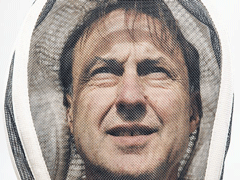
Iain Glass
Iain is an experienced and respected beekeeper who has been treatment free in his own apiary for over 15 years. He teaches courses in beekeeping, queen rearing and II (instrumental insemination). He is an admin on the VSH Queenbreeders FaceBook page and executive directer of Ensure Hive Future, a Canadian not-for-profit dedicated to Apiary Research and Education.
Cory Stevens
Cory’s passion is breeding varroa mite and disease resistant honey bees. Learn more about Cory and his breeding program at his website. www.stevensbeeco.com
Les Crowder
Les is a leader in his community. He served as New Mexico's Honeybee Inspector for many years as well as the President of the New Mexico Beekeepers Association multiple times. In his early years he worked on farms with 4,000 or more hives, learning mostly what not to do.
Learn more about Les and his work at his website which we have linked to below.
https://www.lescrowder.com/about
These interviews will tell you more about the man, his credentials and his love affair with apis mellifera.
https://thehivejive.com/podcast/008-interview-with-les-crowder/
https://www.kiwimana.co.nz/we-all-rise-together-we-talk-to-les-crowder-km122/
A European beekeeping group that wants to learn more about "natural" beekeeping emailed me but advised me that they are "conservative" and advocate the use of miteicides. I deal with that every day. I wonder how conservative it is to advocate toxicity? My reply below.
Dear beekeeper group, Thank you for the information about your group. It is easy to get immersed in a group of like minded people and forget there are other perspectives. I speak to groups all the time and I understand the fear of losing bees. Most Texan beekeepers treat for mites and yet there is a subset of otherwise conservative people that for various reasons are determined to find ways to reduce the toxicity in their lives when it is possible. The younger generations in particular are beginning to question what kind of world they will pass on to their children. I can be very diplomatic and yet resolute, many bees all over the world are adapting to the varroa mite and many beekeepers looking for wise, longterm biological solutions to the biological problems of mites and disease. Quick toxic chemical fixes may be merited in the beginning of an infestation but chronic toxicity is getting to be a global problem. Often people come to me after a talk and almost whisper that they haven't treated for years and are afraid to say much to the group for fear of being called terrible beekeepers and accused of creating "mite bombs". We are not creating mite bombs, we are pioneering, competent beekeepers leading the way to a less toxic future.
Michael Palmer
Sam Comfort
Garret Wilkinson
xxxxxxxx
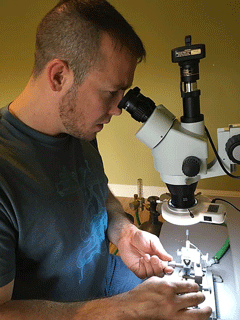
Don Kuchenmeister “The Fat Bee Man”
Don has over 55 years of experience in beekeeping, 35 of those as a commercial beekeeper.
Don’s bee yard in Lula, Georgia has been pesticide free since 1993.
His beekeeping operation is 100% organically managed.
Check out Don’s website www.fatbeeman,com
Susan Cobey
Susan Cobey and Tim Lawrence
Check out their website www.honeybeeinsemination.com
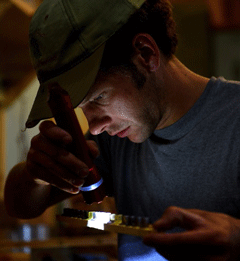
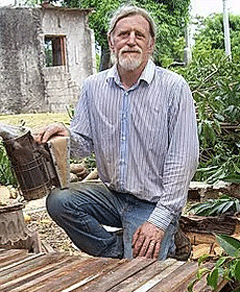
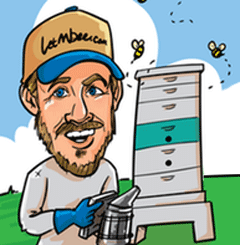
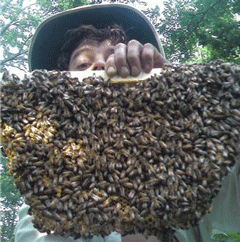
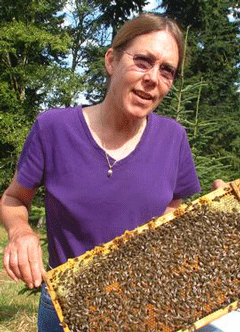

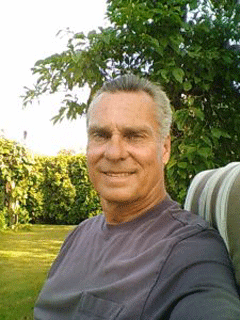
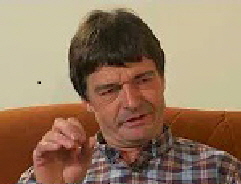
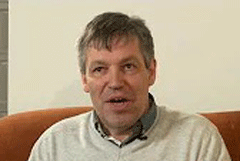
Per Kryger
Dr. Kryger is a research scientist in Denmark who is involved in breeding honey bees for disease and mite resistance. You can learn more about his work by listening to this interview.
https://www.youtube.com/watch?v=HFqBKT_wrkU
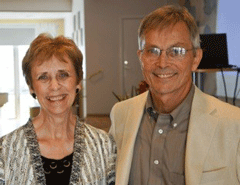
Dr. John Harbo
John earned a PhD degree in Entomology from Cornell University and has been working with honey bees since 1967. As a researcher, he developed equipment and techniques for artificial insemination and germplasm storage, developed techniques for selective breeding of bees, and produced the first varroa-resistant honey bees (1995). In 2001, the varroa resistant trait (called SMR, later renamed VSH) was released to the beekeeping industry. After his retirement in 2005, he and Carol established Harbo Bee Company and have continued the work of breeding mite-resistant bees.
Learn more about their efforts at their website: www.harbobeeco.com
Ang Roell
Ang is a respected commercial beekeeper and queen breeder. In this two part interview she discusses the research she and Sam Comfort have been doing as part of projects funded by S.A.R.E. grants.
Beekeeping at Five Apple Farm Podcast: Ang Roell on Queen Research Results, Part 1 (95) on Apple Podcasts
Beekeeping at Five Apple Farm Podcast: Ang Roell Interview Part 2 (96) on Apple Podcasts
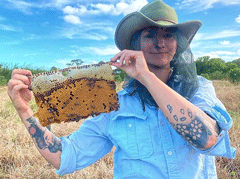


Dan Weaver
When I started beekeeping many years ago, the first bees I purchased was a 3 pound package with a queen from Beeweaver (www.beeweaver.com) in Texas. Those bees were incredibly gentle and productive, but; perhaps most important they showed me that it was possible to keep bees without needing to treat to kill varroa mites.
Learn more about Dan and his bees by listening to this interview:
Interview: Dan Weaver from BeeWeaver | Beesource Beekeeping Forums
This recent interview on the Beekeeping Today podcast will provide additional understanding of Danny’s family history and bring you up-to-date as to some of Danny’s most recent endeavours.
https://www.beekeepingtodaypodcast.com/bee-weaver-queens-with-danny-weaver-s5-e29/
K
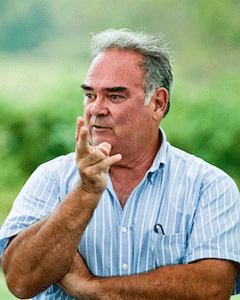
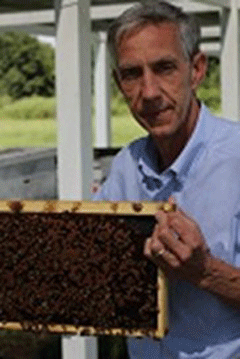
Dr. Robert G. Danka (Bob)
Dr. Bob Danka is the Research Leader and a Research Entomologist whose primary interests are honey bee behavior and pollination. He has led studies on behavior and management of Africanized honey bees, honey bee behavior related to crop pollination, and the genetically based resistance of honey bees to tracheal mites and Varroa mites. The majority of his current efforts are aimed at increasing our understanding of mite resistance based on Varroa sensitive hygiene (VSH), and fostering adoption of bees with VSH-based resistance by the beekeeping industry.